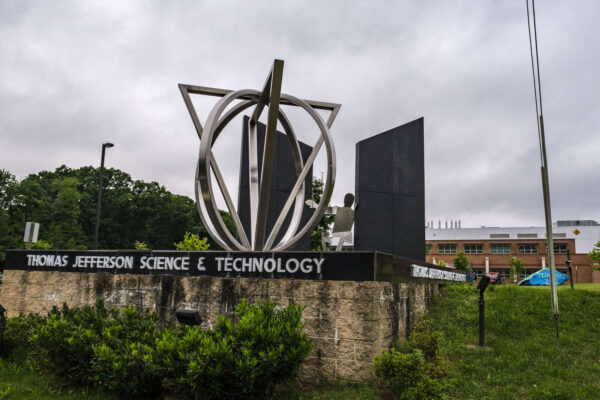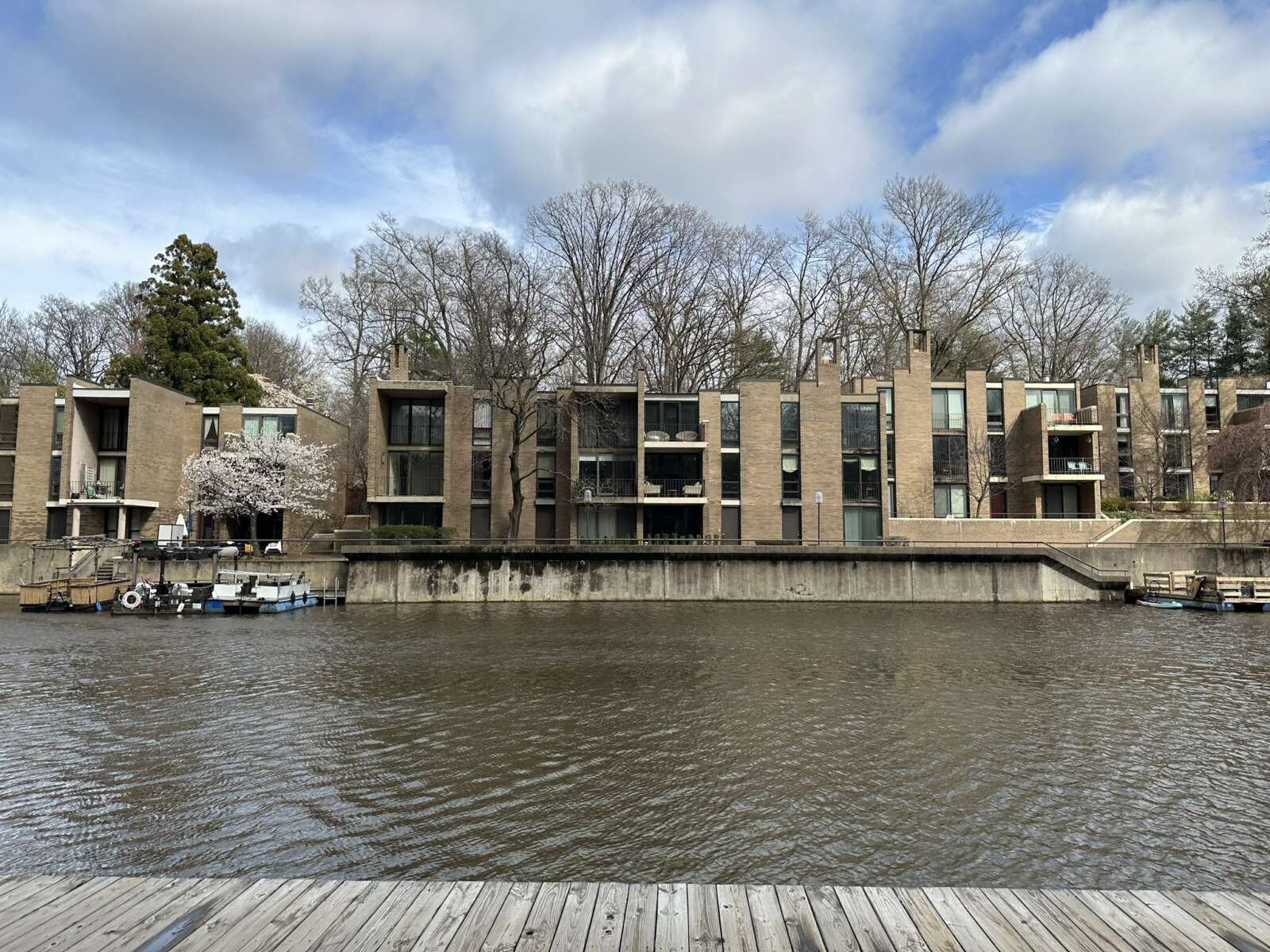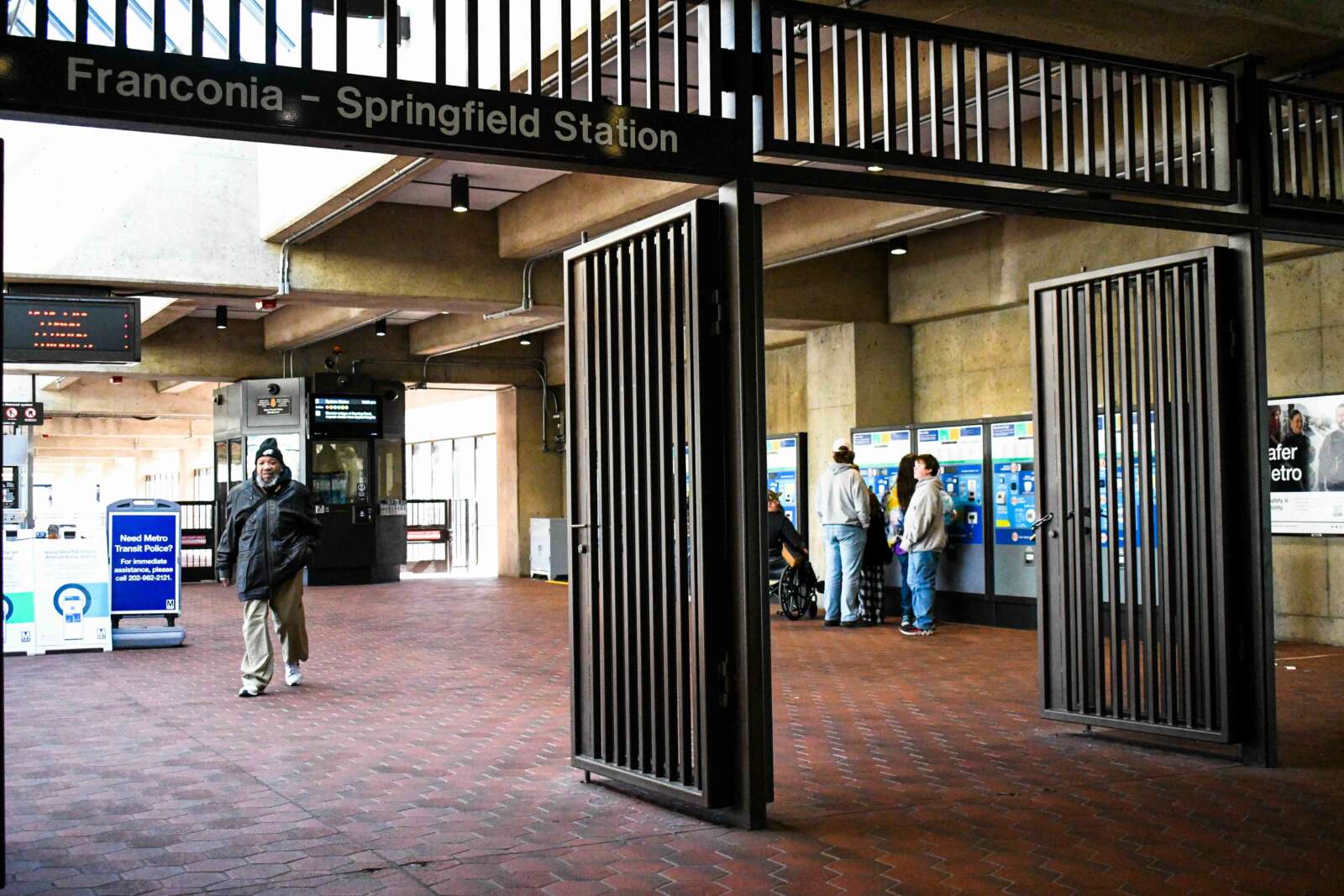
With a new school year underway, students will soon jockey for seats in Fairfax County’s prestigious Thomas Jefferson High School for Science and Technology (TJ), even as a federal court considers whether its current admission system discriminates against Asians.
For now, thanks to an earlier ruling upheld by the U.S. Supreme Court, the upcoming class of 2027 will be determined by the same, much-debated process that has helped diversify the magnet school’s student body over the past two years, FCPS confirmed to FFXnow.
Launching at 4 p.m. on Oct. 24, freshman student applications will consist of a student portrait sheet and a math or science-focused problem-solving essay. Other criteria include a grade point average of 3.5 or higher and consideration of a student’s English language learner, special education, or free/reduced-price lunch status — known as “experience factors.”
Those experience factors and a guarantee that all participating schools get seats equal to 1.5% of their student population are central to a lawsuit challenging the constitutionality of policy, which was adopted by the Fairfax County School Board in December 2020.
The revised process — which eliminated a standardized test and application fee — doesn’t explicitly consider race when evaluating students, but a lawyer for the Coalition for TJ argued to the Court of Appeals for the Fourth Circuit on Saturday (Sept. 17) that it was designed to boost Black and Latino representation at the expense of Asian applicants.
“That’s clear in the record from the statements that the board members and other senior staff in Fairfax County Public Schools made, that Asian American students were in the way,” Erin Wilcox said to the three-judge panel. “They needed to clear out room to increase the numbers of Black and Hispanic students.”
In February, a U.S. District Court judge ruled in favor of the Coalition for TJ, agreeing that the changes amounted to “racial balancing” in violation of the Constitution’s equal protection clause, which prohibits laws from discriminating based on race.
FCPS promptly appealed the decision, maintaining that the policy is race-neutral, as stated in the school board’s adopted resolution, and backed by legal precedent. Donald Verrilli, the school board’s legal representative, cited a 2016 Supreme Court ruling that supported universities taking steps to diversify, ideally without directly looking at race.
“There are no quotas, no targets, no racial preferences of any kind, no racial classifications of any kind, and it is 100% race-blind in its administration,” he said. “No application contains any racially identifying information, so all applicants are judged on a race-blind basis.”
He noted that the number of low-income, Asian American students admitted rose from one in the year before the policy overhaul to 51 a year later — more than the 39 Black students total in a historically diverse class.
“What this plan was designed to do was to remove socioeconomic and geographic barriers that held back people of all races, including African Americans and Latinos,” Verrilli said. “So, that was one purpose, and we don’t deny it, but it benefited all races.”
Judge Allison Rushing challenged that the intentions behind a policy could still be discriminatory, even if the targeted group doesn’t see a disparate impact.
According to FCPS data, Asian students received more than half of the offers to TJ in 2021 and 2022, though they represented a smaller percentage than in previous years.
During Wilcox’s argument, judges Robert King and Toby Heytens questioned how FCPS could’ve increased Black and Latino representation at TJ — a goal that the Coalition for TJ said it supports in a deposition — without affecting other groups, given the limited number of slots offered to the school.
“You’re speaking with what they used to call back in the Indian Wars a forked tongue,” King said. “…You take a position, and then when another proposal is adopted that does pretty much what you wanted, or said you wanted, you challenge it.”
Wilcox said the coalition developed an alternative approach that it saw as a compromise. She suggested that the school board could’ve offered free test preparation, enacted a lottery — a proposal that drew parent protests — or even eliminated the magnet program.
“Any step that it takes that does not disproportionately burden a group of students because of their race would pass Constitutional muster,” she said.
Joined on a brief by 15 other states, the Commonwealth of Virginia appeared in support of the coalition. FCPS backers included the federal government, which argued that the district court’s ruling “would inappropriately freeze in place the status quo” by preventing public bodies from fixing inequities.





